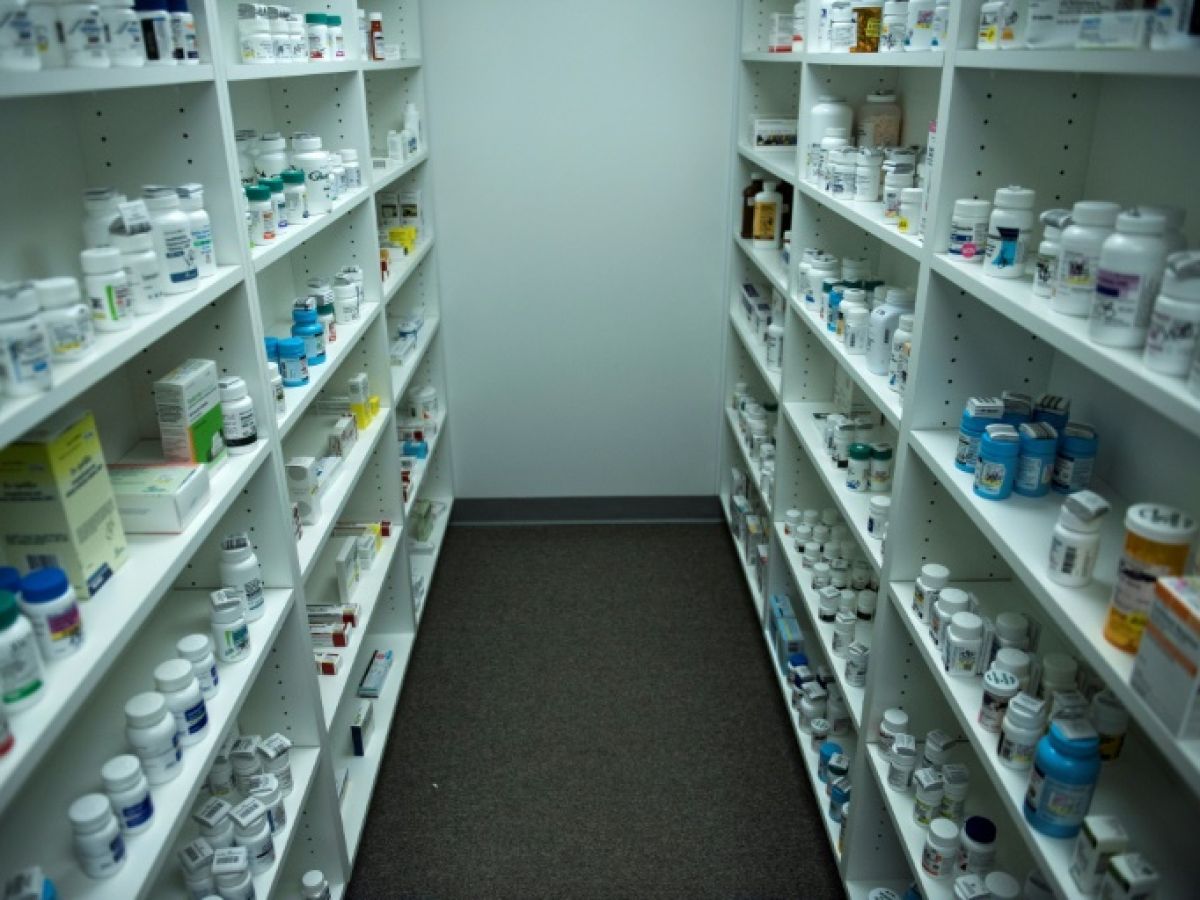US President Donald Trump has announced that the United States will impose a 100% tax on all imported patented drugs starting October 1, hitting the world's largest market for the sector hard. This new shock measure, accompanied by exemptions and still subject to interpretation, is a major step.
The entry into force in just five days leaves very little time for this industry to adapt after being exempt from customs duties for more than 30 years.
There will be "no tariffs" on these products for companies that build production sites in the United States, President Trump said.
Which products are affected?
President Trump cited "brand-name or patented" drugs imported from abroad, which appears to effectively rule out generic drugs, which replace drugs whose patents have expired and whose price remains much lower than that of the originals.

This exemption should, according to Neil Shearing, economist at Capital Economics, have a "limited impact" on the total amount of customs duties in the United States since they only represent "about 10% of expenditure in value" on drug consumption in the United States, although they account for 90% of volumes.
"Most major pharmaceutical manufacturers already manufacture their drugs for the American market in the United States," points out Kathleen Brooks, a market expert at XTB, although "several anti-cancer drugs are also produced across Europe, particularly in Switzerland."
In 2024, the United States imported nearly $252 billion worth of drugs and pharmaceutical products, making this category second only to motor vehicles in value, according to the U.S. Department of Commerce.
Which countries think they will be spared?
A trade agreement concluded this summer between the European Union and the United States protects European medicines from any new customs surcharges, assured a spokesperson for the European Commission, Olof Gill.

Under the agreement, most European exports, including medicines, cannot be taxed above 15%, ensuring, he said, "that no additional duties will be applied."
The European Federation of Pharmaceutical Industries (Efpia) said the tariffs would "create the worst-case scenario" by increasing costs, disrupting supply chains and preventing access to vital treatments.
She calls on the EU and the United States to "continue discussions."
"Urgent discussions are now necessary to avoid any taxation of medicines," added the IPHA, one of the organizations representing the pharmaceutical sector in Ireland, a major player in European pharmaceutical exports.
In Germany, the industry federation (VCI) says it is "very concerned" by this "new affront" and believes that the 15% agreement should apply to medicines.
The British government continues "an active dialogue with the United States," according to a spokesperson.
In Asia, "Singapore, which focuses on high-value patented drugs, is exposed to the highest risk," said Louise Loo, head of Asian economics at Oxford Economics.
What do the labs do?
To prepare for US protectionist policies, major pharmaceutical companies have announced investments worth around 300 million euros in the United States in recent months.
"Although many pharmaceutical companies have committed to building sites in the United States, construction may not have started yet, as these facilities are complex to set up. Therefore, this tax could have a significant impact on the sector," observes Kathleen Brooks, market expert at XTB.

However, the exemption is only valid "if construction has begun," according to Mr. Trump, who even threatened in early July to impose surcharges of 200% if pharmaceutical production was not quickly repatriated to American soil.
"Work is underway and we plan to announce five new sites under construction by the end of the year," responded Swiss Novartis, which had announced $23 billion of investments in the United States over five years.
Germany's Bayer says it is cautiously "assessing the situation," while Britain's GSK says it will continue "to engage in constructive dialogue with the US administration."

